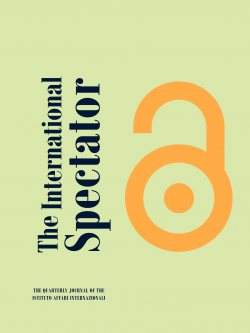Dealing with a Nuclear Past: Revisiting the Cases of Algeria and Kazakhstan through a Decolonial Lens

Over 2000 nuclear weapons explosions were conducted worldwide between 1945 and 1996. Most of these high-yield explosions took place at nuclear test sites in the Global South: among them, the Algerian Sahara and the Kazakh steppe, where their respective colonising powers (at the time) France and the Soviet Union tested their nuclear arsenal. Contemporary Algeria and Kazakhstan still bear the egregious impact of these nuclear tests. The perceptions and demands of the local population, including victims and survivors of the testing, related to addressing the nuclear past have not been comprehensively investigated. Little is known about the local-regional resistance to these tests, aside from the Sahara Protest Team in 1959 and the anti-nuclear Nevada-Semipalatinsk movement in 1989. Our aim is to develop this line of research by considering the links between anti-nuclear movements and colonialism in Algeria and Kazakhstan. By revisiting these cases using a decolonial lens, we develop a more comprehensive understanding of resistance to nuclear testing in the Global South.
Keywords: nuclear testing; nuclear (de)colonialism; Global South; nuclear imperialism; anti-nuclear movements; nuclear resistance
-
Details
The International Spectator, Vol. 58, No. 4, December 2023, p. 91-109 -
Issue
58/4 -
ISBN/ISSN/DOI:
10.1080/03932729.2023.2234817


